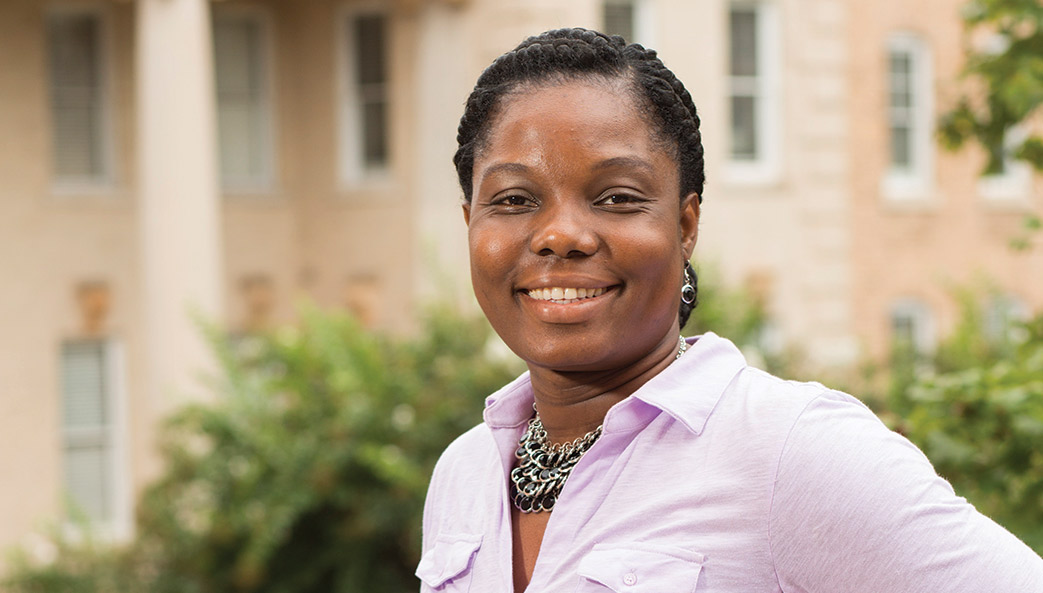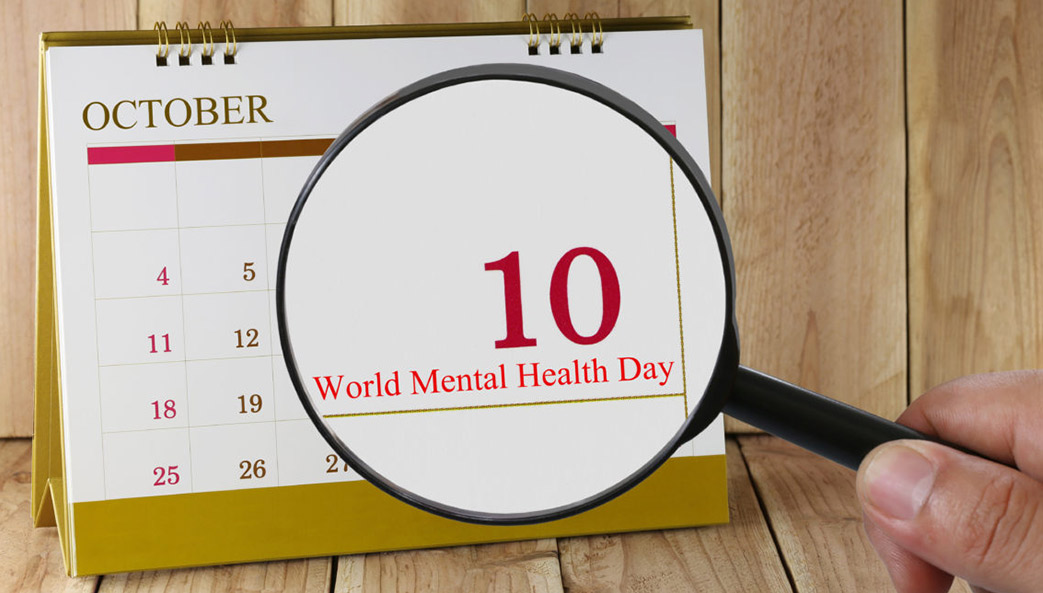Interpersonal psychotherapy can be successfully delivered by telephone, offering a new way to treat depression among those living with HIV in a rural place, according to UGA researchers.
The study is the first to show that telephone-administered psychotherapy can reduce depression long term, says lead author and professor Timothy Heckman of the College of Public Health.
Previous work has shown that people living with HIV/AIDS in rural areas are more likely to be depressed and are less likely to see a mental health provider. They often lack the support of their friends, family and community.
“When you experience a health crisis, you expect that your neighbors and friends would rally around you,” Heckman says. “In rural communities, having HIV is the exact opposite.”
Depression contributes to nonadherence to antiretroviral treatment, compromising an infected person’s immune system and overall health and increasing the chance of transmitting the virus, according to Heckman. Teletherapy is inexpensive and maintains privacy.
“Some people are not comfortable in face-to-face settings, and now they have an efficacious treatment they can participate in without leaving … their homes.”
The study was published in the Annals of Behavioral Medicine.
This brief appeared in the spring 2018 issue of Research Magazine. The original press release is available at https://news.uga.edu/phone-delivered-therapy-reduces-depression-people-living-hiv/.






